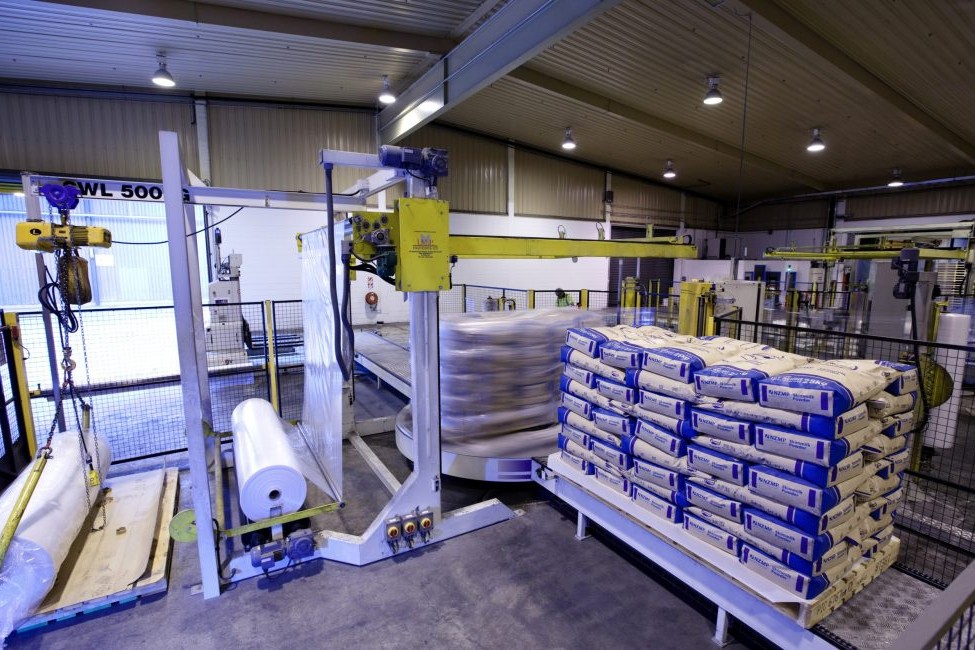Amanda Burling
According to DairyNZ data from 2015-2017, 38% of contract milkers earned less taxable income than the average farm manager.
Agri accountants Baker Tilly Staples Rodway Taranaki recently teamed up with representatives from local Federated Farmers, Rural Support Trust and legal firm, Auld Brewer Mazengarb and McEwan to run a workshop to explore ways to avoid finding yourself in this situation.
So, what should you look at when considering a contract milking opportunity?
Your worth, goals, career ambitions and your obligations
Do you know what you are worth? Are you looking for a role that will mean full time work for one person or as a couple? The net income that is produced if as a couple needs to be greater than you would expect on a management wage plus a full-time employee.
Growth looks different for different people. For some this means getting bigger, employing staff, milking more cows. For others this means staying in a role that can be managed by a couple, but maybe investing off farm. An agri-accountant can walk and talk you through the many and varied farming specific considerations – including taxes, debt repayment, living expenses, wages and leave obligations.
Size and scope
When you know what you are worth, think about size. How many cows do you want to milk? Do you want to be an employer? What are your obligations as a good employer? If you need to employ will you be the landlord?
Spending a bit of time and money now can potentially save you a whole lot of money and heartache down the line. Read the contract thoroughly and get it checked over by someone that knows how to read legal documents.
Fact checking and budgets
Be diligent. Do you have recent (actual) production figures and estimated costs? There are so many things to think about. Who pays for power, new rubberware or detergents? Getting accurate prices and detailed information will make a budget as realistic as possible.
Create an annual budget. Does it look good? If it does, push it out to a 12-month view. If it doesn’t, walk away. Get help. This is a great opportunity to start building a team of trusted business advisors.
Clarify and negotiate any points that you are unsure of. Never assume. Get everything documented. And then talk to your agri-accountant about options for spreading income evenly or production as earned. Ensure you’ve factored in dried-off periods and you understand the realities of relying on an overdraft.
Serious consideration
Ask yourself, are you going to be better off than if you were on wages? Remember that being self-employed means no more rostered weekends off, no holiday pay and no sick leave. Make sure you factor your four-week holiday into your required surplus. If you don’t take it that’s your perk, but you need to make sure you aren’t being penalised as well.
Business structure and planning now, for tomorrow
You need to be completely open with your key advisors about your future plans and aspirations. The more we know about you and your goals, the better we can form a structure for your business and plan for the future; and this includes software selection and ongoing support as well. There are products that will meet your needs now but will struggle to grow with your business as it expands. This can incur additional costs down the line.
Additional support
Will you need support from a bank, a loan or overdraft facility? Ensure your account etiquette is good. (ie: operating within overdraft limits, no bounced hire purchase payments). Banks will look at the previous three years ‘behaviour’ in your account. Make sure you pay your bills on time!
Nitty gritty
Do you understand all the facets of business? Do you understand GST, PAYE, ACC and income tax? There are compliance costs associated with this, find out what they are likely to be. Seek help early.
CPR – Change, Planning, Resilience
Keep life flowing into your business. Change is going to happen regardless of what you do; however, change presents opportunity. Planning is crucial.
Without a plan it is incredibly easy to get tied up in the day to day running of your business and lose sight of the big picture. Resiliency – your ability to ride out the volatility in the industry. You have to deal with environmental policy, drought, fluctuating milk and stock prices… if you don’t have the capacity for resiliency it becomes very hard to survive and continue.
Above all:
- never assume
- seek advice
- always review before signing
The hardest thing agri-accountants have to deal with when working with contract milkers, is trying to help after a contract has been signed… and there is often nothing we can do at that point!
Be courageous, be proactive, be flexible and adaptive to changing environments. Be inquisitive and passionate, be a lifelong learner. Know your obligations and be ready to tackle them.
Make sure you are running a profitable business, build and grow financial awareness and know your position and your vision.
Plan for the future, plan for change, plan for the unexpected. Monitor your plan closely and get the right people around you so you can utilise all the tools available to you to achieve a successful outcome.
- Amanda Burling is an agri-accountant for Baker Tilly Staples Rodway and is passionate about helping farmers make their plans and vision reality.





